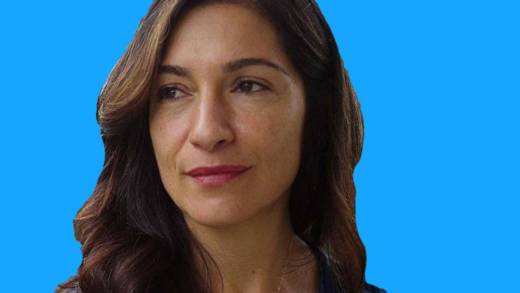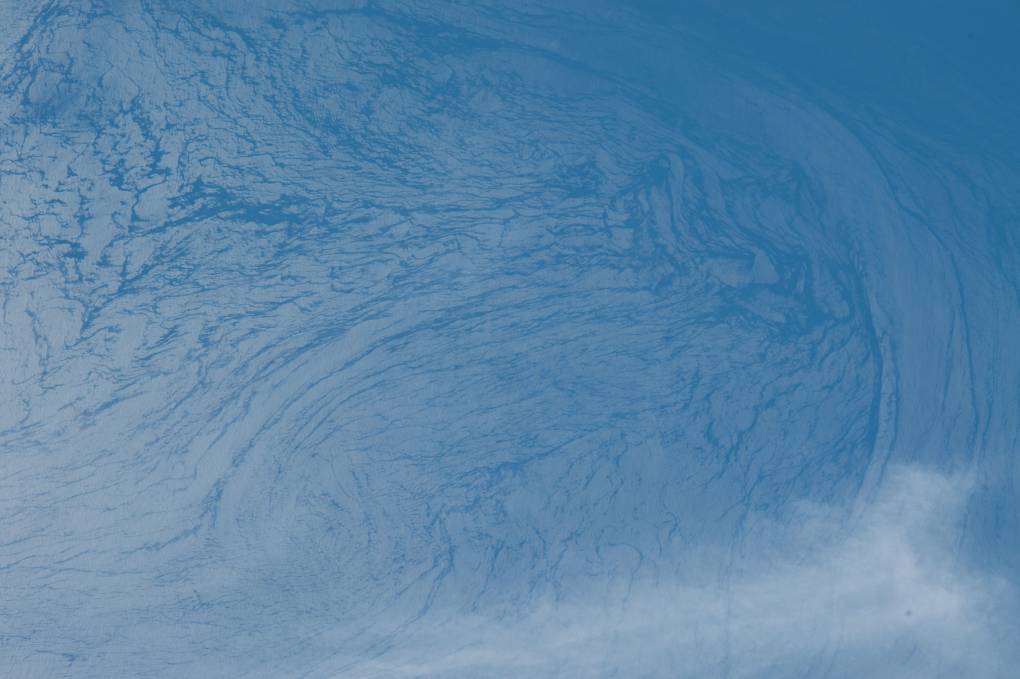Sometimes we turn to fiction for the things we don’t understand. My favorite novels are about a lunatic, a pedophile, twins with an incestuous relationship—Don Quixote, Lolita, The God of Small Things, respectively. These books have brought me to the shores of the unforeseen and the unexplainable. Looking at things from the other side of the mirror has value; this is what we’re after when we read fiction—we want to be taken far away, and we want to return, with something new to show.
The third in a trilogy following three generations of Kurdish-Iranian men as they leave their homeland and take on new identities, Laleh Khadivi’s A Good Country gets at our most modern interrogation—what is the path to terrorism, how does it unfold, and how is it possible?

If you’ve ever wondered about these questions, this is the book for you. An unblinking coming-of-age portrait of an American-islamist radical recruit, A Good Country is a heartbreaking story you won’t soon forget.
“This was high school,” Laleh Khadivi writes. “You started out as one thing and ended as something else.” In A Good Country, Khadivi explores teenagedom as a phase of combustion in this story of a young Iranian-American boy’s radicalization. Born in an affluent community in Orange County, Reza Courdee goes from model immigrant, to stoner, to a boy shunned by his friends and targeted for his skin in the wake of a terrorist event, to a young man searching for what is right and wrong, true and false. In this search, he chooses a path which happens to be a false promise.
It is hard to imagine, at the book’s onset, how Khadivi will get from one end of the social spectrum to the other — from the inconsequential pressures of a sunny high school and prospects of Bay Area Ivy Leagues to war-torn Syria, where Rez’s boundless dreaming bottoms out as he realizes he’s signed up to join a radical Islamist militant group, and that the new country promised, the great utopia, does not exist.



